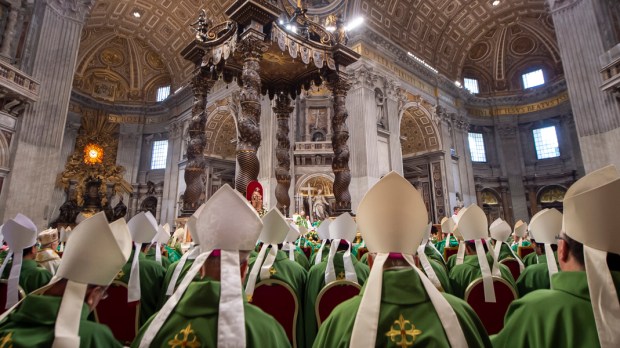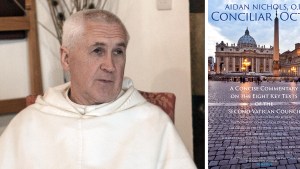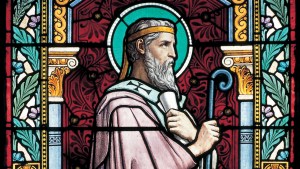The Catholic Church remains one of the longest lasting institutions that does not operate as a democracy. Individual members of the Church are not given an option to vote on matters of faith and morals, or even elect the next pope.
Instead, the Catholic Church is led by the Holy Spirit, as the Catechism of the Catholic Church explains.
Because the Holy Spirit is the anointing of Christ, it is Christ who, as the head of the Body, pours out the Spirit among his members to nourish, heal, and organize them in their mutual functions, to give them life, send them to bear witness, and associate them to his self-offering to the Father and to his intercession for the whole world. Through the Church’s sacraments, Christ communicates his Holy and sanctifying Spirit to the members of his Body.
CCC 739
More specifically, it is the magisterium of the Church whom the Holy Spirit guides in order to protect the deposit of faith.
The task of giving an authentic interpretation of the Word of God, whether in its written form or in the form of Tradition, has been entrusted to the living teaching office of the Church alone [the magisterium]. Its authority in this matter is exercised in the name of Jesus Christ. This means that the task of interpretation has been entrusted to the bishops in communion with the successor of Peter, the Bishop of Rome.
Yet this Magisterium is not superior to the Word of God, but is its servant. It teaches only what has been handed on to it. At the divine command and with the help of the Holy Spirit, it listens to this devotedly, guards it with dedication and expounds it faithfully. All that it proposes for belief as being divinely revealed is drawn from this single deposit of faith.
CCC 85-86
The Church did not make up Catholic teaching, but only passed on what she had received from God. This is why the magisterium cannot function like a democracy and simply take a poll to see which teachings are good, and which ones need to be dropped.
The truth is unchangeable as it comes from God, not humans.
The 2021-2023 Synod on Synodality affirms this central belief, as it notes in its preparatory document.
The consultation of the People of God does not imply the assumption within the Church of the dynamics of democracy based on the principle of majority, because there is, at the basis of participation in every synodal process, a shared passion for the common mission of evangelization and not the representation of conflicting interests. In other words, this is an ecclesial process that can only take place “at the heart of a hierarchically structured community.”
After the Second Vatican Council, St. Paul VI lamented that many Catholics thought that the Council changed Church doctrine, when it did not.
Far be it from Christians to be led to embrace another opinion, as if the Council taught that nowadays some things are permitted which the Church had previously declared intrinsically evil. Who does not see in this the rise of a depraved moral relativism, one that clearly endangers the Church’s entire doctrinal heritage?”
Since the Catholic Church is a divine institution and not a human one, it will never become a democracy. The Church protects and guards the truth, making sure that it is passed on to the next generation.



